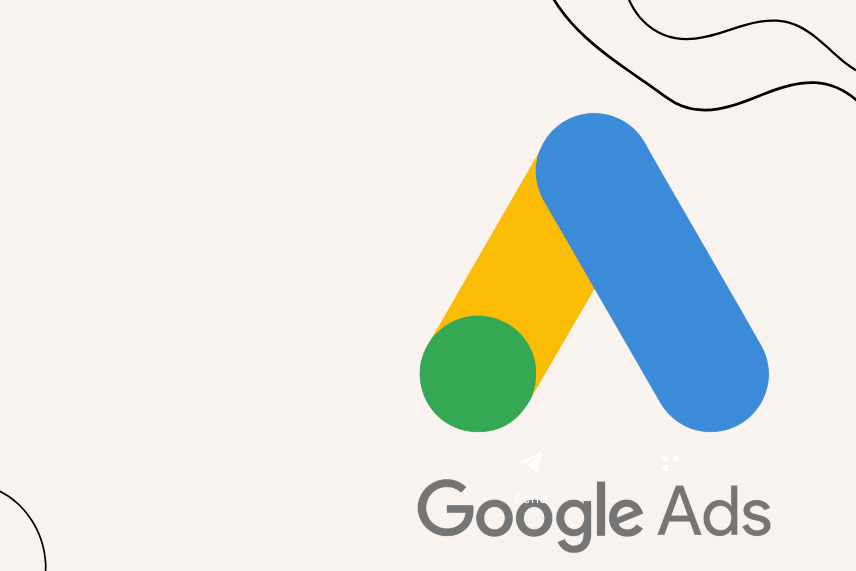- Address : P9FG+V4R, Shimutala, Matigara, Baniakhari
- /
- Email : splogos2022@gmail.com
- Home
- -Blogs Details
Blogs Details

- Jan 15,2023
- Admin
Building a Google Ads Strategy that Works
With 96% of brands now spending money on Google Ads, there’s a lot more noise for your ads to cut through these days. Getting the most bang for your buck on Google means making sure your ads are reaching the right people at the right time.
That may sound like Marketing 101, but it’s true on Google, which counts nearly 250 million unique users in the U.S. alone. That’s a lot of potential eyeballs—and a lot of people who have absolutely no interest in your products or services. Knowing where the people who do have interest in your brand is key.
Successful digital ad campaigns also require you to stay ahead of the Google learning curve. Even if you’ve configured your Google Ads campaigns correctly, you still need to know how to how to optimize them for continued success.
If you’re ready to get more out of your next Google Ad campaign, check out the following tips from our digital marketing experts. And don’t hesitate to reach out if you need more help with your ads.
Define your goals
Define your purpose
Are you wanting to generate more leads or simply help a community become more familiar with your brand? Decide what action you want users to take as a result of your ad, whether that’s filling out a form, donating to your cause, or purchasing your products.
Define your audience
Once you've established a desired action, define who's most likely to take it. Choose who you’d like to show your ad to, whether it’s residents in a specific city, a certain age range, or those with specific interests, just to name a few targeting options.
Understand How Your Audience Searches
Audience Search
Compile search words and phrases
Showing up in Google’s search engine result pages search is highly dependent on using the right language. For example, “best real estate agents near me” and “good real estate agents in my area” are about the same topic, but the former gets typed in the search bar more often. Compile a document of 50-100 questions, words, and phrases that users might put into Google to find your products or services.
Conduct keyword research
After you’ve built a solid list of keywords, use Google Keyword Planner (or another keyword planning tool) to find out which brand-related words and phrases are highly searched in the area you want to target. Within Google Keyword Planner, you’ll also be able to see the competition index, which shows how difficult it is to rank for each keyword.




